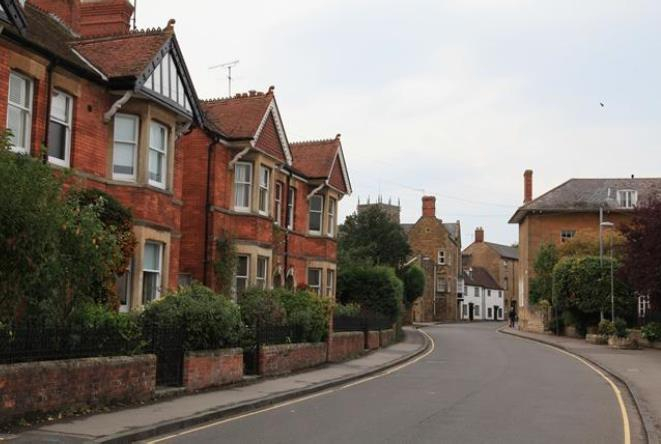

Do you own a leasehold property, typically a flat or maisonette? The number of years left to run on the lease are a key component of the property’s market value, and there may come a time when a lease extension would make sense. So, what can you do?
Many leaseholders are unaware that they have a legal right to extend the lease on their property. Should you decide to approach the freeholder or the management agent direct with a request for a lease extension, chances are that they may offer you a restored 99-year term and revised ground rent clauses in return for a non-negotiable premium to be paid. But don’t be in a hurry to accept their terms because you may be able to do better.
If you have owned the property for more than two years and meet certain other eligibility criteria, you have the right to a statutory lease extension under the terms of the 1993 Leasehold Reform Housing & Urban Development Act. What does it all mean? Let’s take a look at some of the key questions you should be asking.
-
Why would you want to extend the lease term?
By default, leasehold property is a depreciating asset. As the lease runs down, the value of the property decreases, while the cost of any lease extension increases. Ultimately, when the lease term expires, property ownership reverts back to the freeholder, though this rarely happens in practice.
An unexpired term of 80 years or less is considered by many to be unacceptable, since it makes the property hard to mortgage, remortgage or sell on. Mortgage companies have specific lending criteria and many simply refuse to provide the funds for a property of less than 70 years or so to run (exact figures vary between lenders).
-
What does a statutory lease extension achieve?
A statutory lease extension provides a 90-year extension on top of the existing unexpired lease term. Say your lease has 74 years remaining, a statutory lease extension will give you a new term of 164 years. In addition, ground rent will be reduced to zero for the duration of the lease, while the premium payable to the freeholder is determined by Schedule 13 of the Act.
Finally, if you extend your lease before the unexpired term has reached 80 years, no marriage value (50% of the difference in value before and after the lease extension) is payable as part of the premium, thus further reducing the amount due to the freeholder.
-
Are you eligible for a statutory lease extension?
In order to qualify for a statutory lease extension, you must have owned the property for at least 2 years, while the lease term must have been more than 21 years when it was originally granted. How many years are left to run on the lease is not relevant. The legislation only applies to residential property, not a business or commercial lease. Importantly, the property will not qualify for a statutory lease extension if the landlord is a charitable housing trust and your flat is provided as part of the charity’s work.
If you are in the process of buying a short-lease property, there is a way to get around the 2-year ownership clause. Assuming the seller has owned the property for more than 2 years, he can initiate the statutory process and assign the benefit to you as part of the contract of sale.
-
How do you start the statutory lease extension process?
To get the ball rolling, a lease extension valuation must be carried out on the property in order to determine how much to offer the freeholder, and to give you an idea of the financial liability involved. Once this has been done, your solicitor will serve a formal S42 Notice on the freeholder to initiate the process.
The freeholder than has 2 months in which to serve a Counter Notice, which will typically request a higher premium payment. Thereafter follows a 6-month negotiation period to reach agreement, though either part can refer the matter to the Leasehold Valuation Tribunal (LVT) after 2 months. In our experience, the vast majority of cases are settled without the need for a formal hearing. It should be noted that you will be responsible for the freeholder’s valuation fee and legal fees as well as your own.
-
How can Able Surveyors help?
As experienced lease extension surveyors in London and the Home Counties, Able Surveyors can help you navigate this complex procedure, ensuring that fair freeholder compensation is negotiated. We specialise in carrying out the requisite lease extension premium valuations, entering into negotiations with the freeholder on your behalf and, where necessary, preparing for and representing your interests at Tribunal.
If you have any questions about extending the lease on your property, need advice on buying a freehold property or would like expert assistance with any surveying matter, please don’t hesitate to get in touch.
